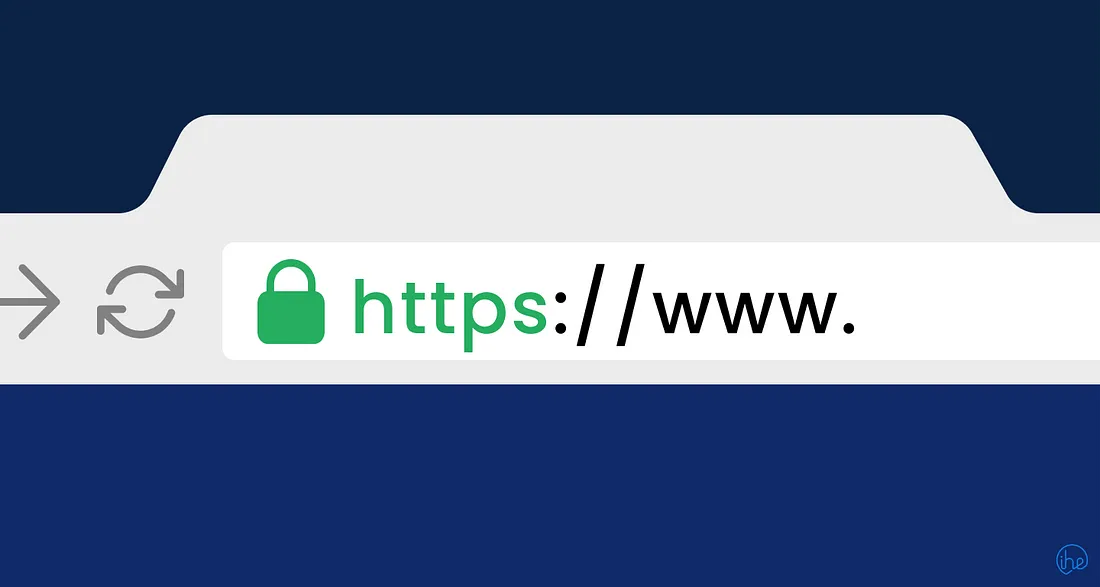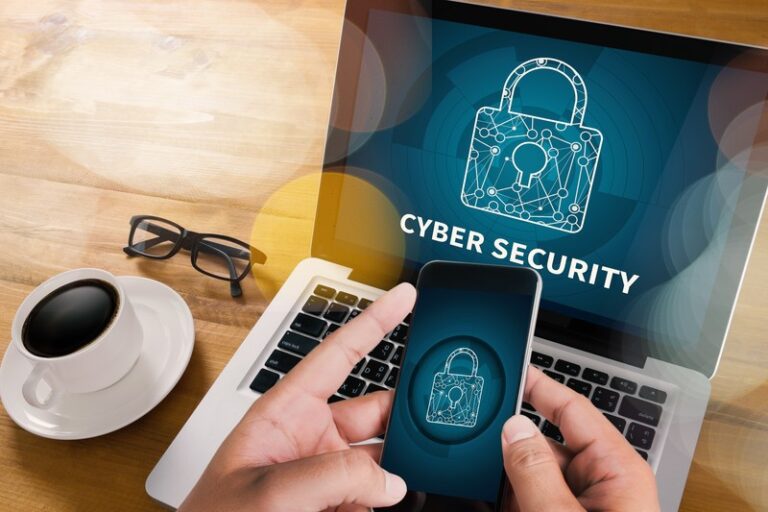Secure Your Online Shopping & Financial Data
Safe Online Shopping: Tips for Protecting Your Financial Data
Online shopping has become increasingly popular, but it's important to be vigilant about your cyber-security while making purchases. In this blog post, we'll explore some essential tips to ensure that your online shopping experiences are secure and your financial data stays protected.
1. Use Reputable Websites & Applications:
Start by shopping on well-known and trusted e-commerce websites. Look for "https://" and a padlock icon in the address bar, indicating a secure connection. From there you can download their shopping application.
2. Keep Your Devices Secure:
Ensure your computer or mobile device has up-to-date antivirus software and security patches. Use strong, unique passwords for your online shopping accounts. It is very important to create a strong and unique with password generator such CAT password generator https://caretakerport.github.io/CATpassword-generator/
3. Beware of Phishing Scams:
Be cautious of email or social media links that lead to shopping sites. Scammers often create fake websites to steal your information. Always type the website URL directly into your browser. Click the link to know https://caretakerport.blogspot.com/2023/08/what-is-phishing-why-you-need-to-avoid.html
4. Secure Payment Methods:
Use secure payment options like credit cards or digital wallets (e.g., PayPal) for online shopping. They offer fraud protection and limit your liability.
5. Review Privacy Policies:
Familiarize yourself with the privacy policies of the online stores you shop from. Understand how they handle your personal information.
6. Monitor Your Accounts:
Regularly check your bank and credit card statements for unauthorized transactions. Report any suspicious activity immediately.
5. Avoid Public Wi-Fi for Transactions:
Public Wi-Fi networks are less secure. It's best to make online purchases on a private, password-protected network or using a VPN. Click here to know more https://caretakerport.blogspot.com/2023/08/public-wi-fi-is-dangerous-for-your.html
6. Use Two-Factor Authentication (2FA):
Enable 2FA for your online shopping accounts when available. It adds an extra layer of security to your login process.
7. Be Cautious with Personal Information:
Only provide the necessary information when making a purchase. Avoid sharing more than what's required.
8. Read Product and Seller Reviews:
Before buying from an unfamiliar seller or website, read reviews and check their ratings to ensure reliability.
9. Save Confirmation Emails:
Keep confirmation emails and receipts as proof of your transactions. This can be useful in case of disputes.
By following these tips for secure online shopping, you can enjoy the convenience of e-commerce without compromising your financial data's safety. Remember that vigilance and caution are key to a worry-free online shopping experience.




Comments
Post a Comment